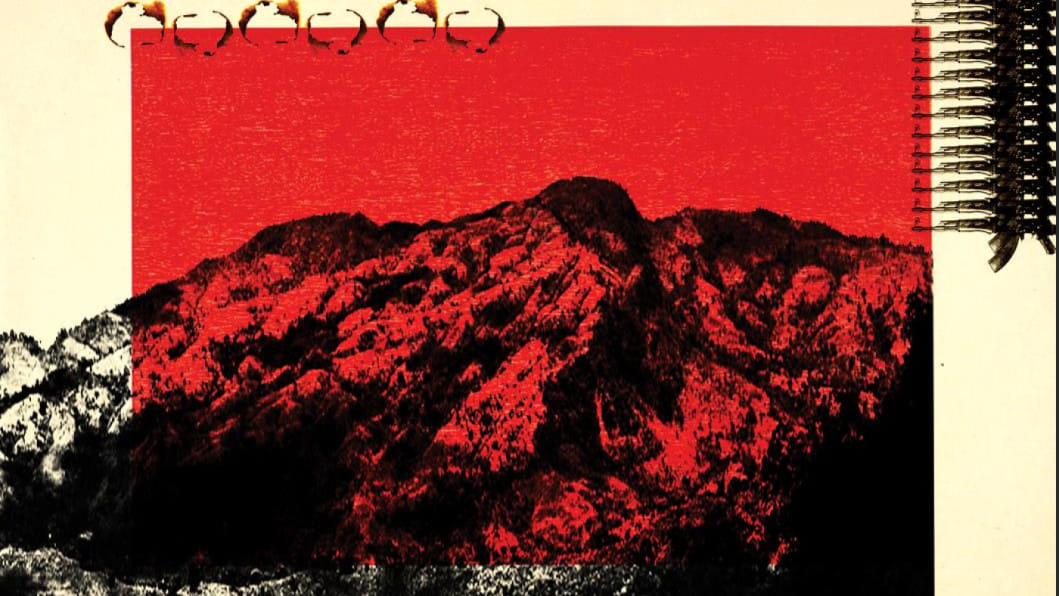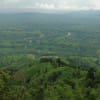Implementing the CHT Accord for a non-communal Bangladesh

Government officials in the Chittagong Hill Tracts (CHT) are probably organising ostentatious public celebrations on the occasion of the 25th anniversary of the signing of the 1997 CHT Accord. Local performers are likely participating in the fanfare with a heavy heart. My sympathies lie with the reluctant celebrators, civil and military functionaries, and others.
The 1972 Constitution of Bangladesh did not acknowledge the country's Indigenous peoples. The newly-inserted Article 23A – added in 2011 – refers to them as "tribes, minor races, ethnic sects and communities." The racist and discriminatory underpinnings of these terms continue to bewilder jurists, human rights practitioners, anthropologists and those so named.
The hill peoples of the CHT prefer to self-identify as Indigenous or Adibashi (Adivasi) and find these strange new terms, as a whole, to be pejorative. The Adibashis epitomise some of the clearest manifestations of the pluricultural and multilingual heritage of Bangladesh. Article 23A refers to their "unique local culture and tradition."
The orna and teep episodes
You may have heard of the teep incident of April 2, 2022. Dr Lata Samaddar of Tejgaon College in Dhaka, a Bangalee Hindu woman, was subjected to verbal abuse by a policeman. Her "fault"? She was wearing a teep. The policeman had apparently thought that he was dealing with a Muslim woman. But it was still not within his charter of duties to act so, irrespective of the religious affiliation of the teep-wearer.
Similarly, Pahari and Bangalee women have been harangued in the CHT region, at security check-posts, for not wearing a dupatta or orna. Many hillmen were similarly taken to task for going around in shorts. Why? Because it was "indecent" and against the "culture" and "society" of Bangladesh. One wonders, what if it were Bangalee or Pahari men wearing dhoti or nengti (loincloth)!
The volte-face through the 2011 constitutional amendments
The judgments of the Supreme Court in the Bangladesh Italian Marble Works Ltd (2010) and the Siddique Ahmed (2011) cases declared void, illegal, and unconstitutional the laws passed by the martial law regimes under Gen Ziaur Rahman and Gen HM Ershad. This paved the way for the re-secularisation of the Constitution towards its original moorings.
The putsch of August 1975 brought in fundamental reorientations in ideology, political economy, law, and administration. It led to the creation of both cordial and discordant relationships with nations, peoples, and communities – within and outside Bangladesh. We are still suffering from the hangovers of some of these flings and forays.
Although the provisions on socialism (Articles 8 and 10) were revived in 2011 – which was so in letter, and not in spirit – those on secularism, including anti-communalism, were brought back in a fragmented manner, denying or eschewing the spirit of 1971. The provisions on state religion (Article 2A), except for acknowledging the non-Islamic religions, is not harmonious with the spirit of Articles 8 and 12, particularly 12D, which commits Bangladesh to eliminate "any discrimination against, or persecution of, persons practising a particular religion."

In applying the aforesaid constitutional provisions into the context of the teep, orna/dupatta, and shorts incidents mentioned above, it will be unequivocally clear to any student of constitutional law and human rights that the acts of the concerned security personnel, in telling a non-Muslim Bangladeshi citizen that she cannot wear a teep or that she is obliged to wear a dupatta or orna, are violently contradictory to the secularism-related clauses of the Constitution.
Similarly, to tell a female Muslim Bangladeshi that she has to wear a dupatta or orna or that she cannot wear a teep, and to tell a male or female Muslim Bangladeshi that he or she cannot wear shorts, while his or her non-Muslim counterparts can, is equally contradictory to the letter and spirit of Articles 27 and 28(1) of the constitution, which say, "All citizens are equal before law and are entitled to equal protection of law" (Article 27); "The state shall not discriminate against any citizen on (the) grounds only of religion, race, caste, sex or place of birth [Article 28(1)]." Moreover, Article 2A provides, "The state religion of the republic is Islam, but the state shall ensure equal status and equal right in the practice of the Hindu, Buddhist, Christian and other religions."
A pluralist Bangladesh and the implementation of the 1997 Accord
The CHT is one of the few places in Bangladesh where you can see secularism, multiculturalism, and anti-communalism in daily practice – at least where local institutions and citizens are concerned.
I have never heard of instances in the CHT where a woman was questioned on her choice of wearing a burqa or hijab or teep, irrespective of her ethnic or religious affiliations. The orna and shorts incidents were recent events, at the instance of security forces personnel, whether at the personal initiatives of the personnel concerned or under direct orders of their superiors. In both cases, the actions concerned are violations of constitutional provisions and are seriously problematic regarding religious freedom and communal harmony in the country and discipline and professionalism within a state security force.
If the CHT Accord of 1997 were implemented fully and faithfully, the security personnel would not be required to man so many check-posts on CHT roads, let alone deal with attire, make-up and the like, which, in any case, are not within their legal mandate nor within that of other law enforcement or security agencies of the government – neither in the CHT nor elsewhere in the country. If such blatantly discriminatory acts multiply, or at least continue in the CHT, they bode ill not only for the identity and integrity of the hill peoples of the CHT, but for the practice of secularism and non-communalism in the country as a whole.
The implementation of the 1997 Accord is not only about the revival of peace and self-governance, about culture and identity, and rehabilitation, among others. There are actually many other benefits that would accrue to Bangladesh as a whole through the implementation of the agreement.
Firstly, the Indigenous peoples' role in land and forest management would help ensure the protection of forests, headwaters of rivers and biodiversity (most of the CHT rivers originate within Bangladesh, unlike in the plains). Secondly, communal and anti-secular militant groups would be unable to use the CHT territory to challenge the sovereignty of Bangladesh (very recently, armed Islamist groups are believed to have killed military officials in Bandarban district). Thirdly, the international boundaries with India and Myanmar would be more stable and secure. That would also be in the long-term business and commercial interests of the country. The hill peoples of the CHT could act as ambassadors of goodwill for the country in improving commercial and social relations with their kith and kin, with whom they have been estranged by hard state-delineated boundaries that make no sense in today's world.
Raja Devasish Roy is the traditional chief of the Chakma Circle in the Chittagong Hill Tracts, is an advocate at the Supreme Court of Bangladesh, has a barrister-at-law degree from the Inns of Court School of Law in London, and is a human rights and environment practitioner.

 For all latest news, follow The Daily Star's Google News channel.
For all latest news, follow The Daily Star's Google News channel. 










Comments